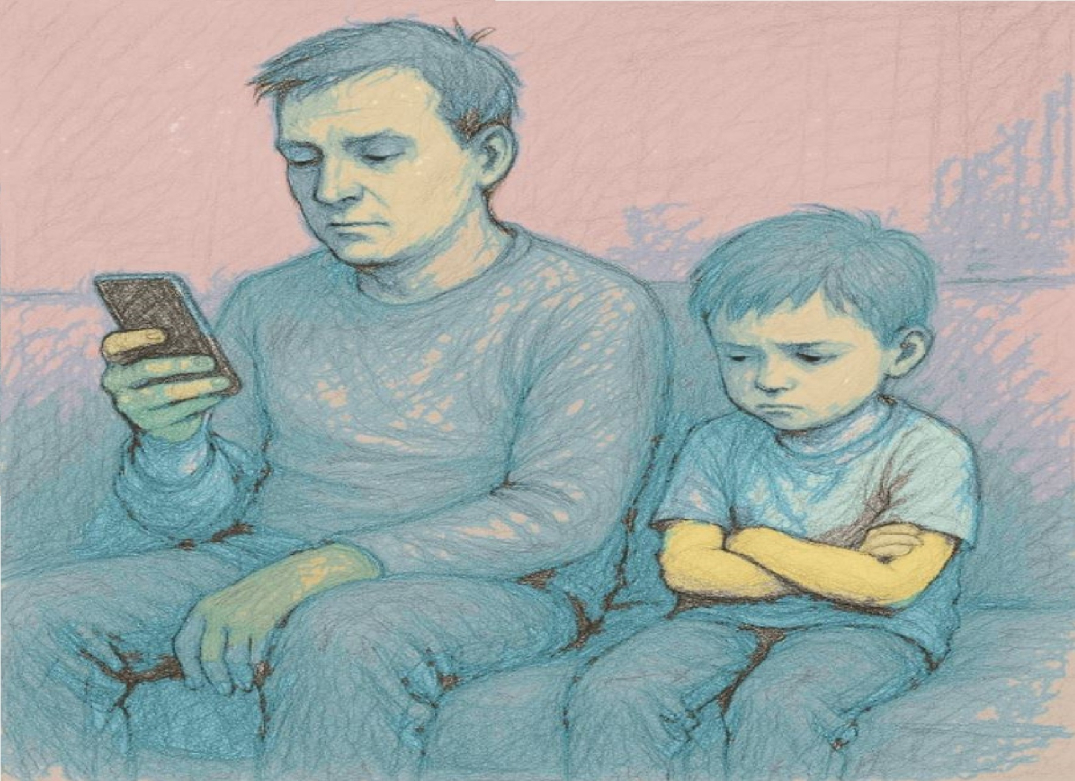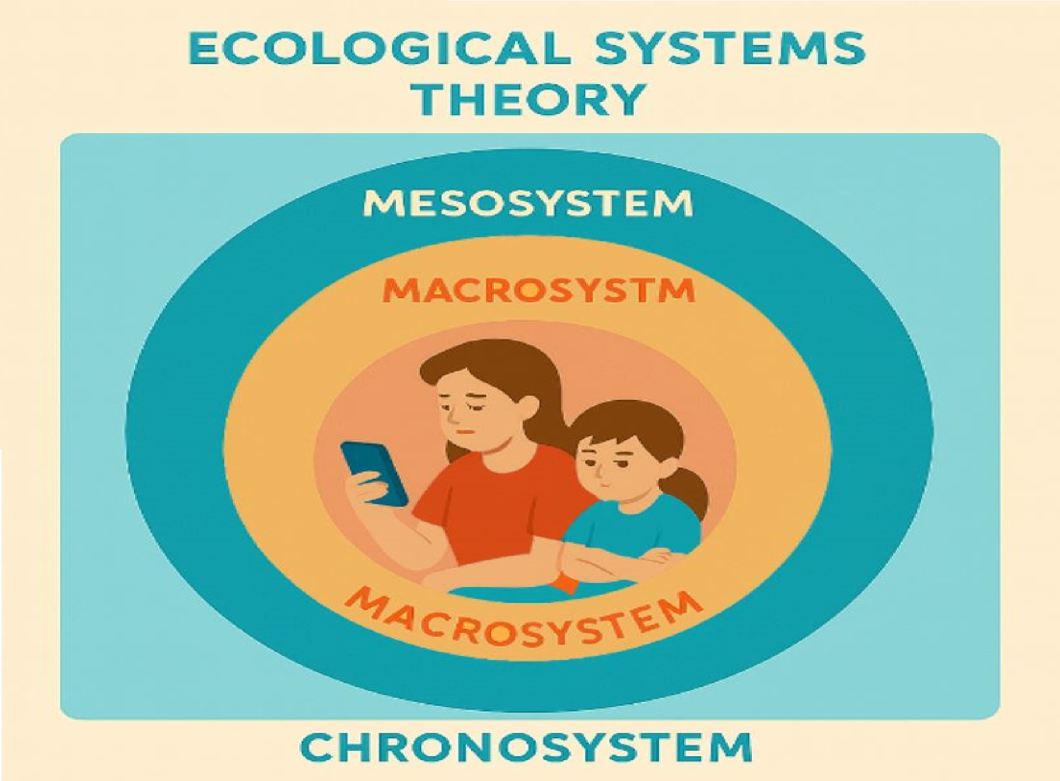Featured Scientist
Hui-Li Lin
Hui-Li Lin
Department of Clinical Psychology
Fu Jen Catholic University, New Taipei City, Taiwan
Executive Functions and Language Development of Young Children and Caregivers’ Screen Devices: A Study Based on the Ecological Systems Theory Focusing on Caregivers’ Screen Device Usage and Attitude
How does the excessive screen time of caregivers impact child development? This research, grounded in ecological systems theory, explores how caregivers' use and attitudes toward technological products influence young children. Two primary aims of the study are: (1) Developing a comprehensive and multidimensional measurement tool to assess caregivers' use of technological products and their attitudes toward these devices; (2) Utilizing the measurement tool to understand how caregivers' screen device use and attitudes impact young children's executive function and language development. Two hundred and seventy-five caregivers (mothers: 214; 77.8%) of children 4 to 5 years of age (F: 156; 48.20 to 70.19 months; M 59.29 months) participated in this study. Two outcome variables were measured: (1) TC-CHEXI (Child Executive Functions or EF; WM: working memory; PLAN; RUG: regulation; INH: inhibition; higher TC-CHEXI representing worse EF) (2) ILD (Inventory of Language Development for 0-6 yr; COM: comprehension/ EXP: expression /EME: literacy emergence). Predictors collected included (1) Caregiver Screen Time and Purposes: collected on a daily basis, two times per day over a few days, including weekdays and weekends; summation and averaging for three types of purposes: parents’ entertainment/SNS vs. parent-child vs. work, (2) Caregiver Problematic Screen Use (CPSU), (3) Screen Media Related Parenting Interference (SMPI), (4) Caregiver Attitude of Screen Media (CASM), (5) Caregiver Nurture Practices of Screen Media (CNPSM), (6) Caregivers’ Executive Functions (TC-ADEXI), and (7) Caregiver Parenting Efficacy (CPE). We found that (1) the more screen time caregivers spent during weekends for their own entertainment/SNS purposes, the worse children’s EF and language comprehension and expression; (2) the more screen time caregivers spent with children during weekend, the worse children’s overall language development; (3) the more caregivers’ problematic screen use and the less caregiver nurturing practices of screen media, the worse children’s EF and literacy emergence; and (4) the more positive caregivers’ attitude towards screen media, the worse children’s language comprehension. For future studies, although caregivers’ screen time during weekends negatively predicted the children’s EF and language, during weekdays, if the caregivers spent more screen time with the children, the children were rated better on language comprehension. This finding may be further investigated by examining how the screen time was spent together during weekdays versus weekends.
Keywords:caregiver screen device use, ecological system theory, executive functions, language development, young children
7 views
